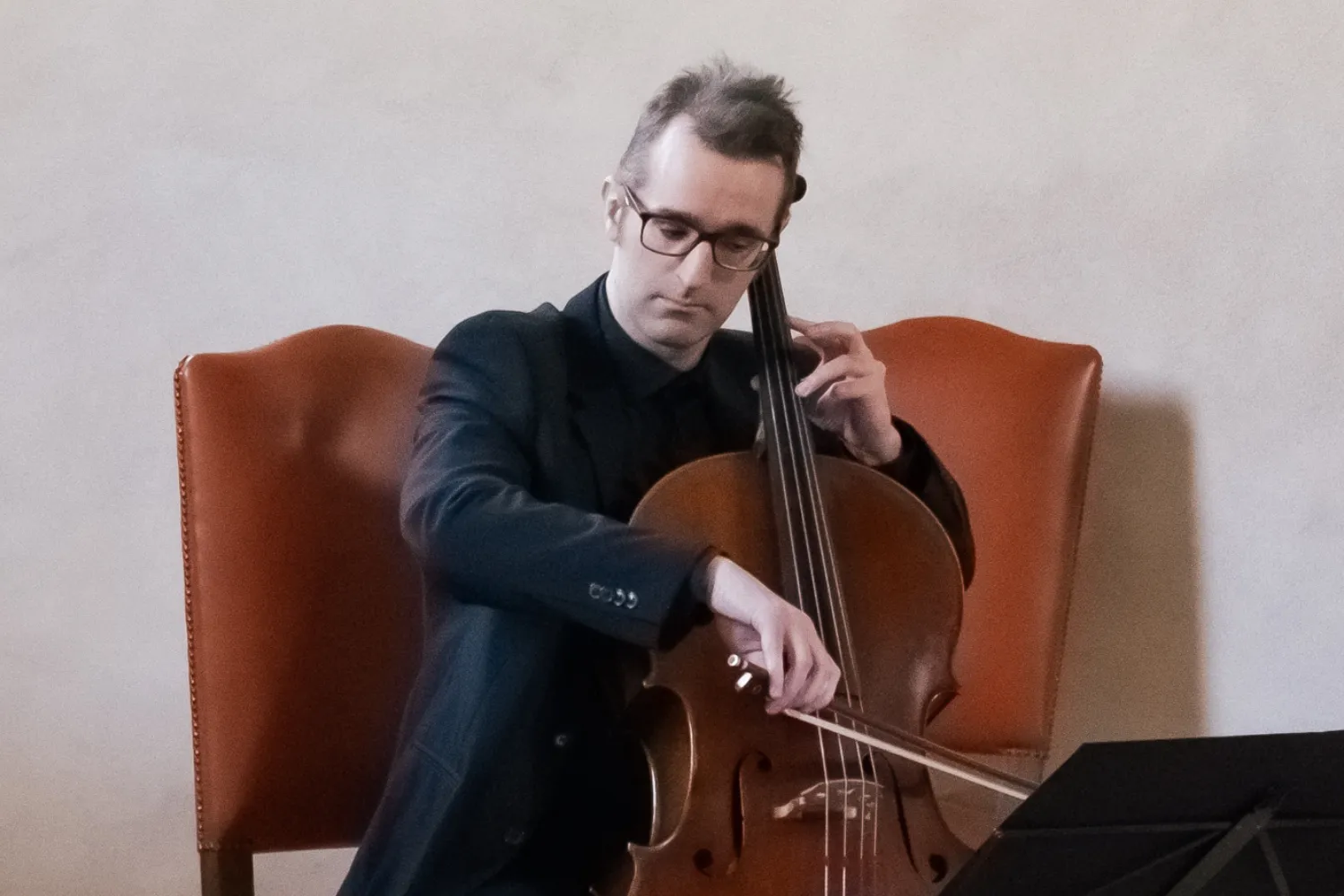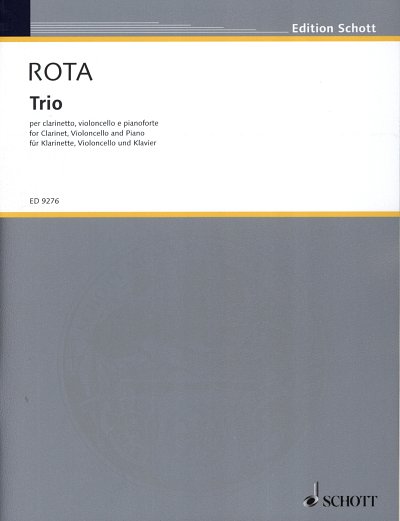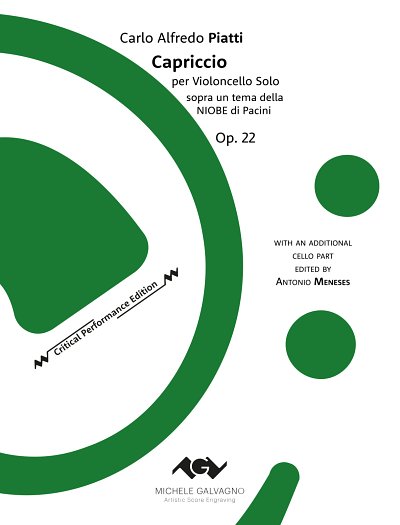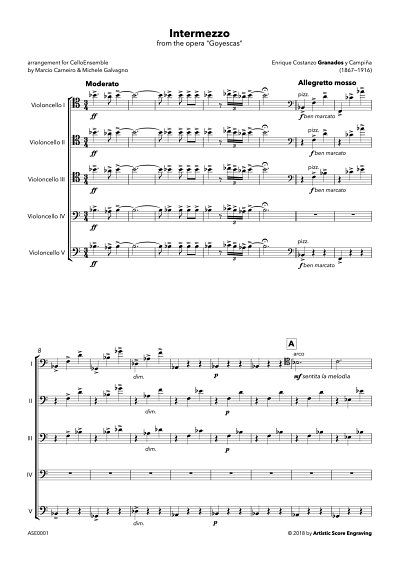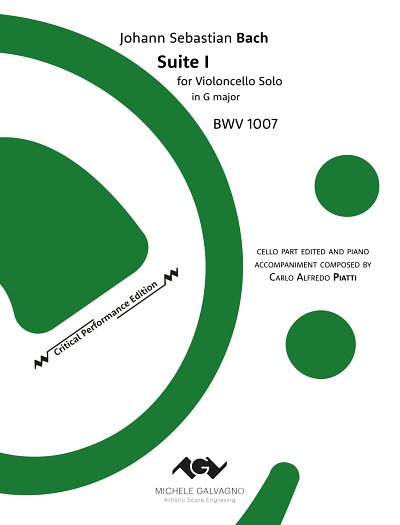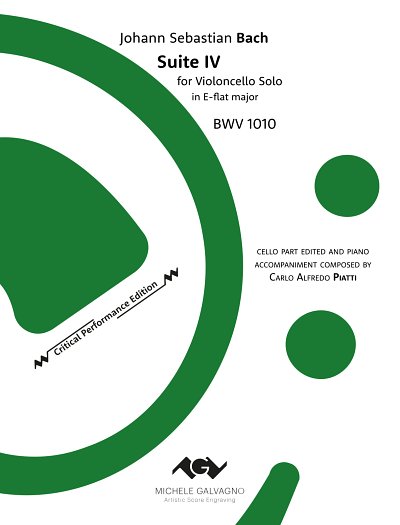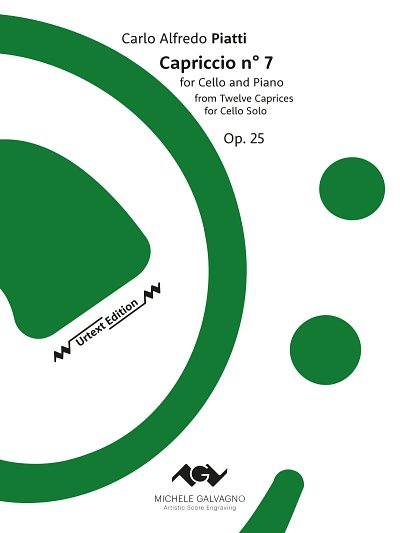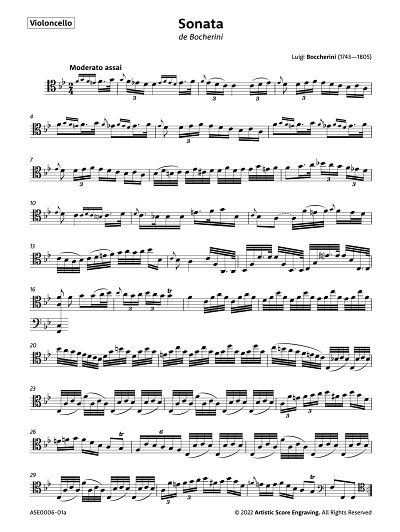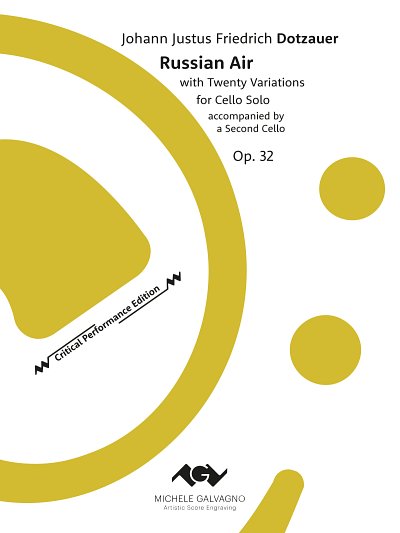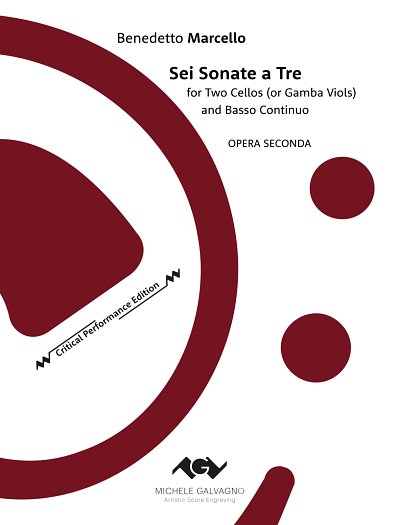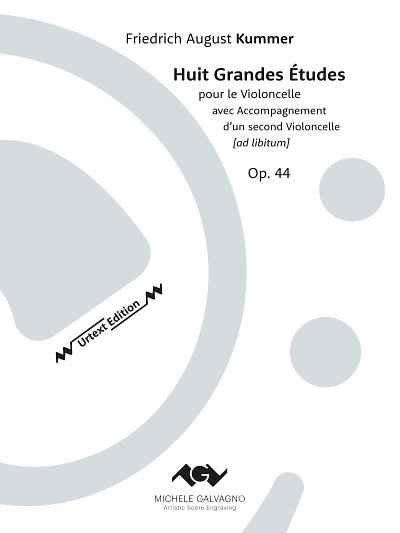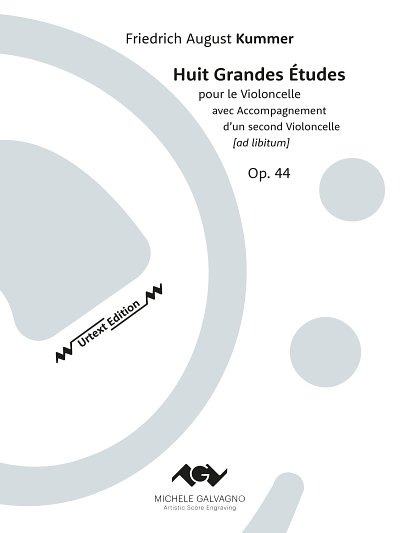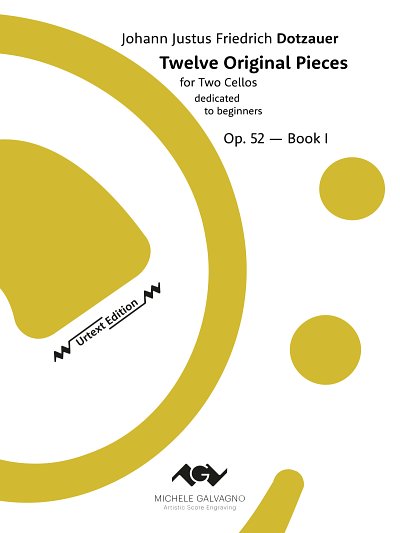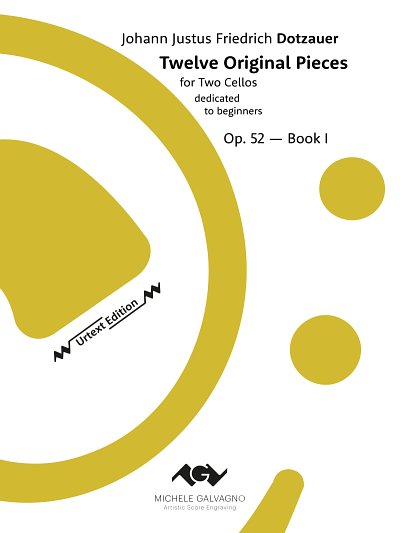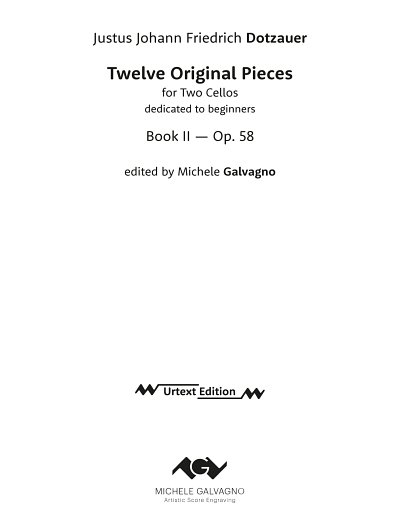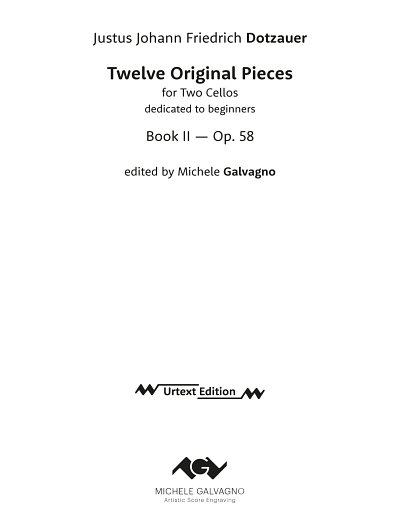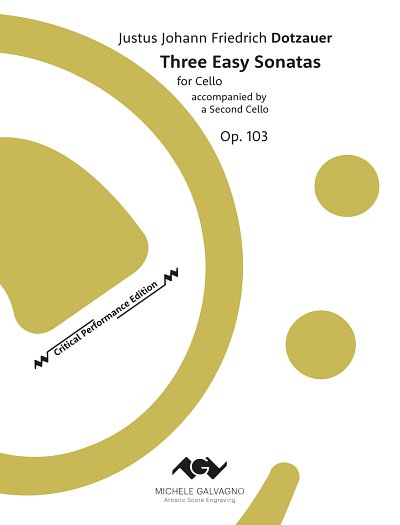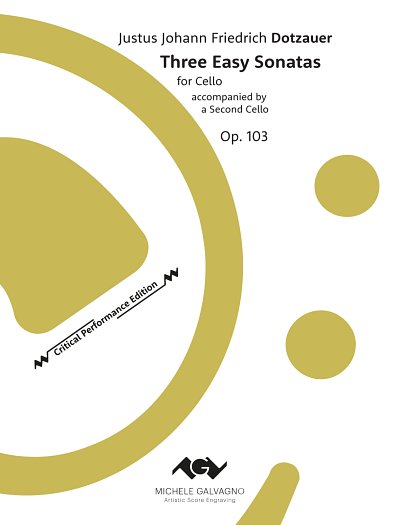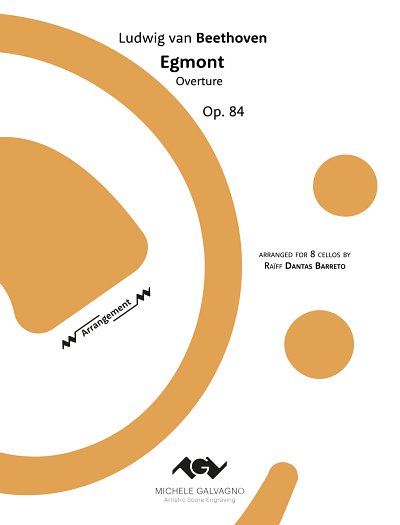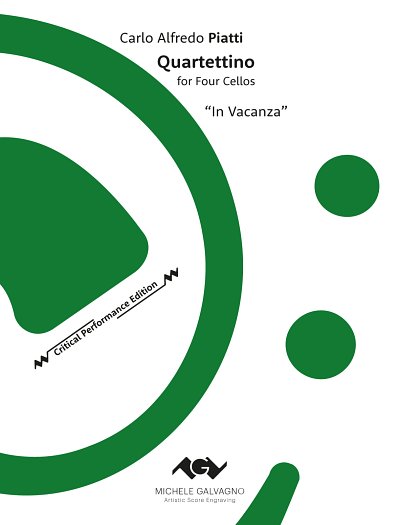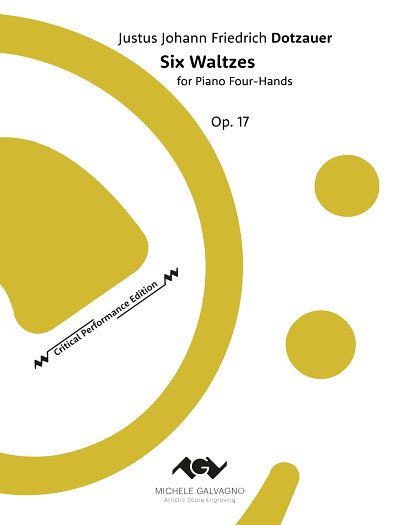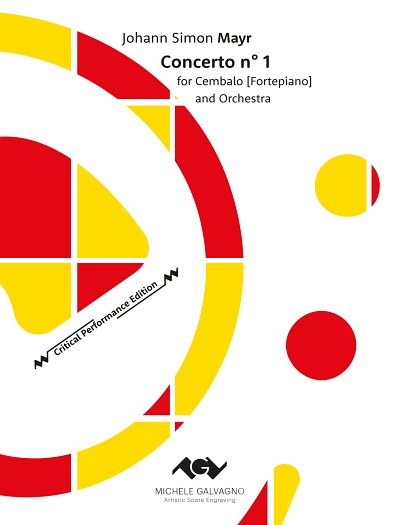What are the most important aspects of your musical editions? What makes them special?
What our users appreciate the most is the clarity of pagination and the beauty of each single notational element. What makes them special, though, is the musicological research that goes with each edition. This severely limits the amount of editions we can create each year, but I believe we could not keep this level with more than 2-3 editions per month.
How do you maintain the quality?
Currently we are a team of two, me and my partner. Quality is maintained through a rigorous proof-reading process, always applied firstly by the team-member that did not engrave the score.
This happens on tablets where the PDFs are marked-up. Corrections are then applied and a new copy gets printed on paper. We then go to our instruments (cello and piano) and play through the scores at least three times (on different days) to check for wrong notes and other imperfections. What is found gets then applied again and a final PDF-proofreading round is made before proceeding to book building. We also treasure user's feedback, which has helped us greatly in the past.
You have two bigger projects: Friedrich Dotzauer and Carlo Alfredo Piatti. Why did you choose these two composers?
The Dotzauer Project stemmed from a suggestion my cello teacher—Marcio Carneiro—gave me many years ago. This brought me to unearth a great part of the immense production of the German cello master. Upon analysing his compositions, then, I quickly realised that what I had before my eyes was not something that could just be left in the shadows. Besides, currently available editions of Dotzauer's etudes do not reflect the composer's will, and have been brutally altered by editors in the last 150 years.
The Piatti Opera Omnia project, instead, originated from a find I made in the library where most manuscripts by Piatti are currently held: the original autograph of the piano accompaniment for his Caprice n° 7! This was one of our first editions (n° 3, to be precise) and it made me aware of how only his Caprices were widely known, while all others had simply been forgotten.
